The Controversy Over Shinzo Abe’s State Funeral
December 16, 2022
Late last September about 4,300 people gathered in Tokyo to pay respect to Former Prime Minister Shinzo Abe at his state funeral. The attendees included representatives from 195 countries and territories, along with international organizations.
In July, Abe died after being shot twice while giving a speech at a campaign in Nara. The police arrested Tetsuya Yamagami, 41, who was then charged with murder. Yamagami claimed that he had “grievances” with the former prime minister and expressed a grudge against the Unification Church, a South Korean religious group with links to Japanese politicians.
While hundreds of overseas visitors arrived to attend Abe’s funeral, many Japanese turned their anger not towards the killer Yamagami or the poor security forces enabling the assassination, but towards the government’s arranging the state funeral. On the day before the funeral, thousands of people assembled in Yoyogi Park, protesting the funeral and waving flags in support of a range of causes, such as women’s empowerment, LGBTQ+ rights, disability rights, shutdowns of nuclear plants, and fewer foreign military installations.
Although the former prime minister was praised internationally, many Japanese criticized Abe for his actions in office as his conservative vision for the nation was profoundly controversial. As he pushed through laws that reinterpreted Japan’s pacifist constitution and enabled foreign combat missions with allied forces, citizens criticized him for intimidating the media and ignoring massive public- and opposition-party complaints. Many Japanese women also voiced dissatisfaction over his failure to end centuries of patriarchal rule, as promised. Opinion polls also indicated that most Japanese were not very fond of his performance in office, although they had voted for him. “What Abe did, what he stood for, everybody he hurt—it is not okay,” one of the Yoyogi Park protesters told the New York Times.
Besides the protests in Tokyo, demonstrations hostile to Shinzo Abe’s state funeral occurred in several other cities, including Kobe, Kyoto, Nagoya, and Sapporo. In Sapporo, demonstrators denounced Japan’s current Prime Minister Fumio Kishida’s use of national tax on the funeral. A protestor there commented, “The Japanese need to think of themselves as people who, if they raise their voices, can change things.”

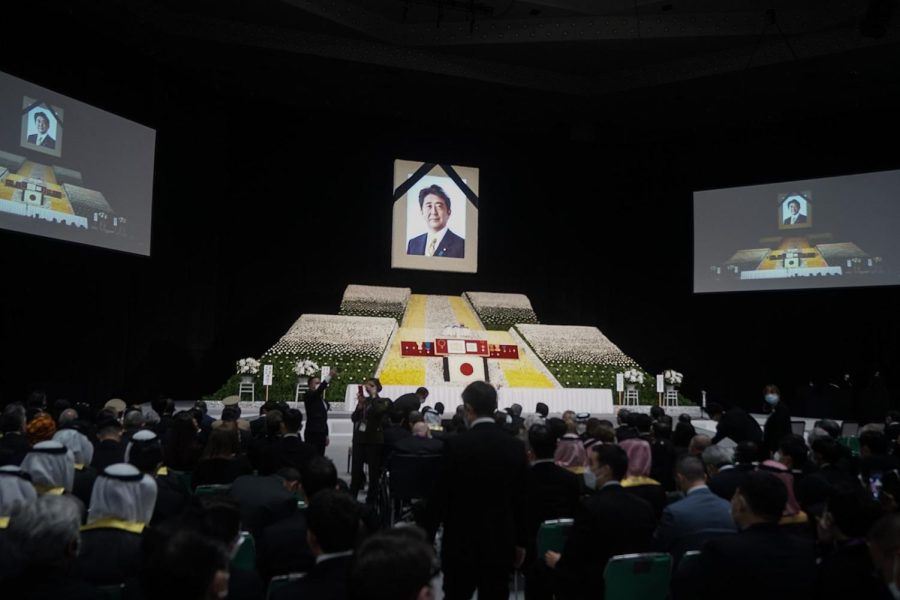
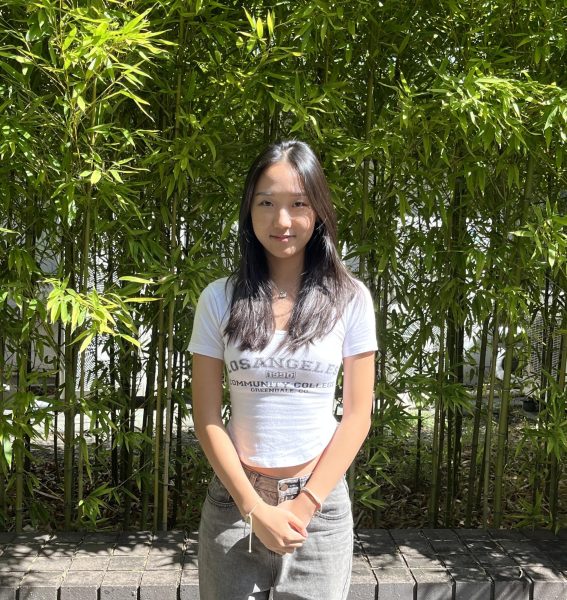




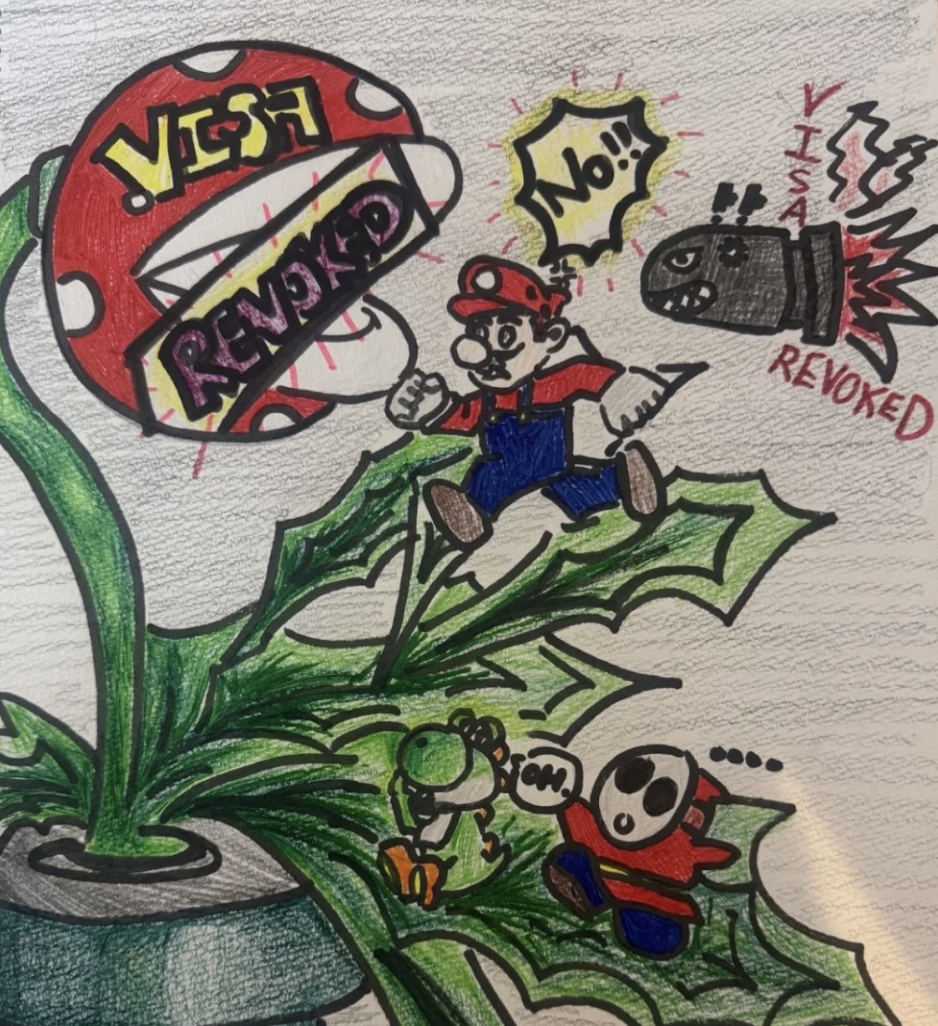
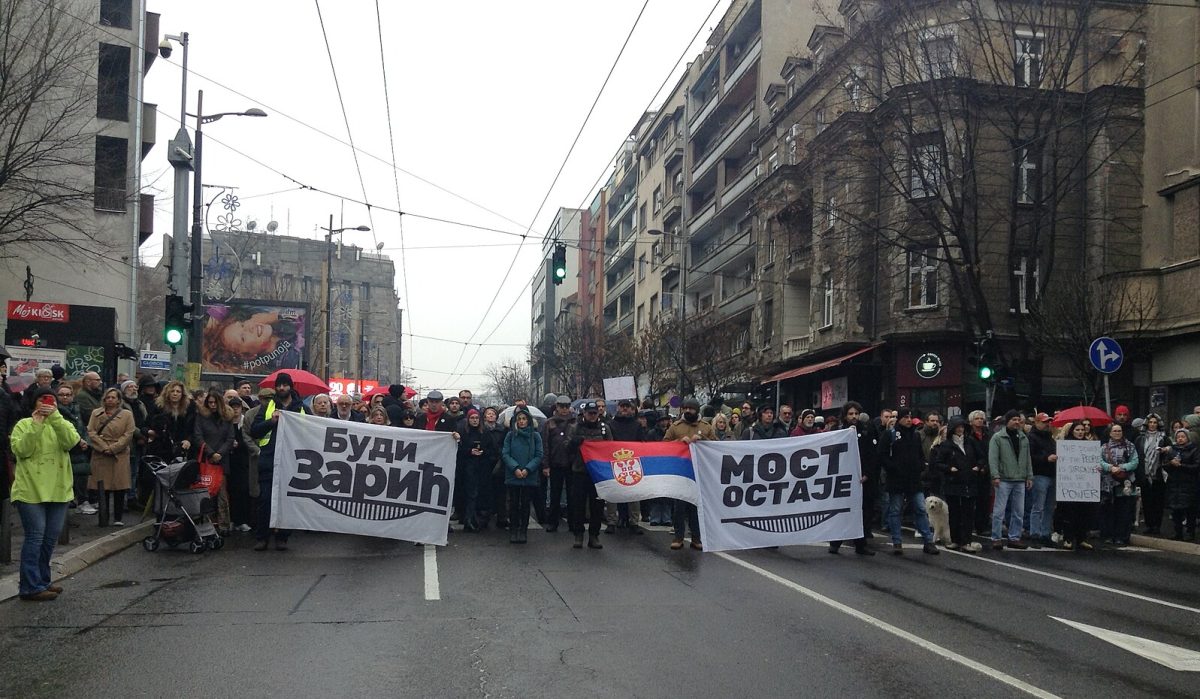
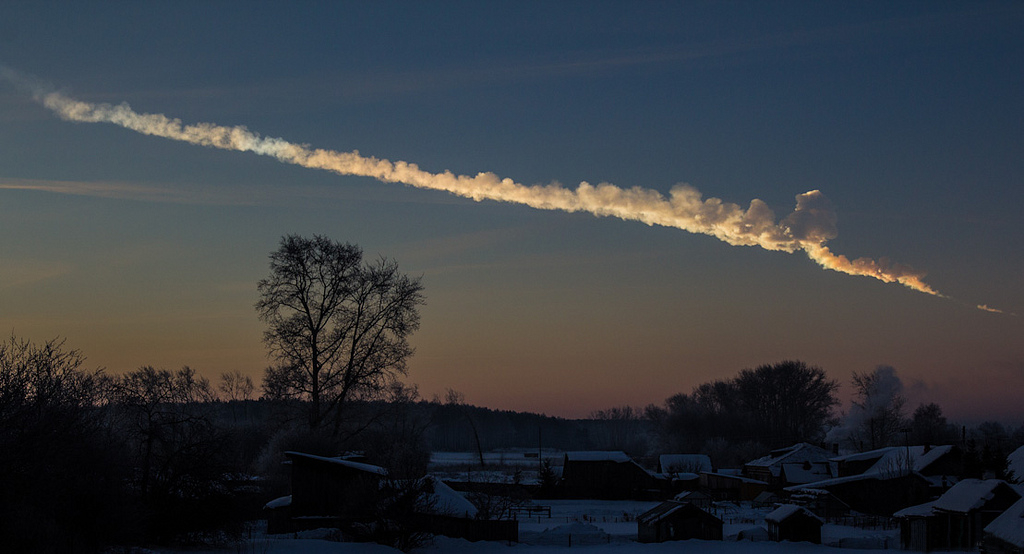
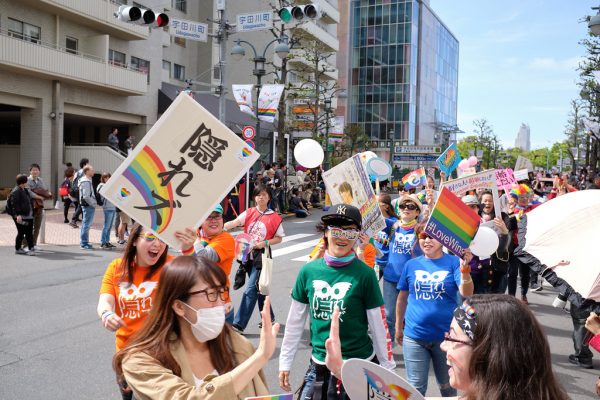

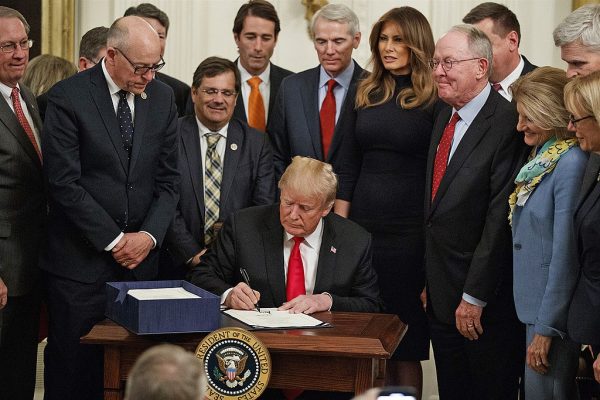



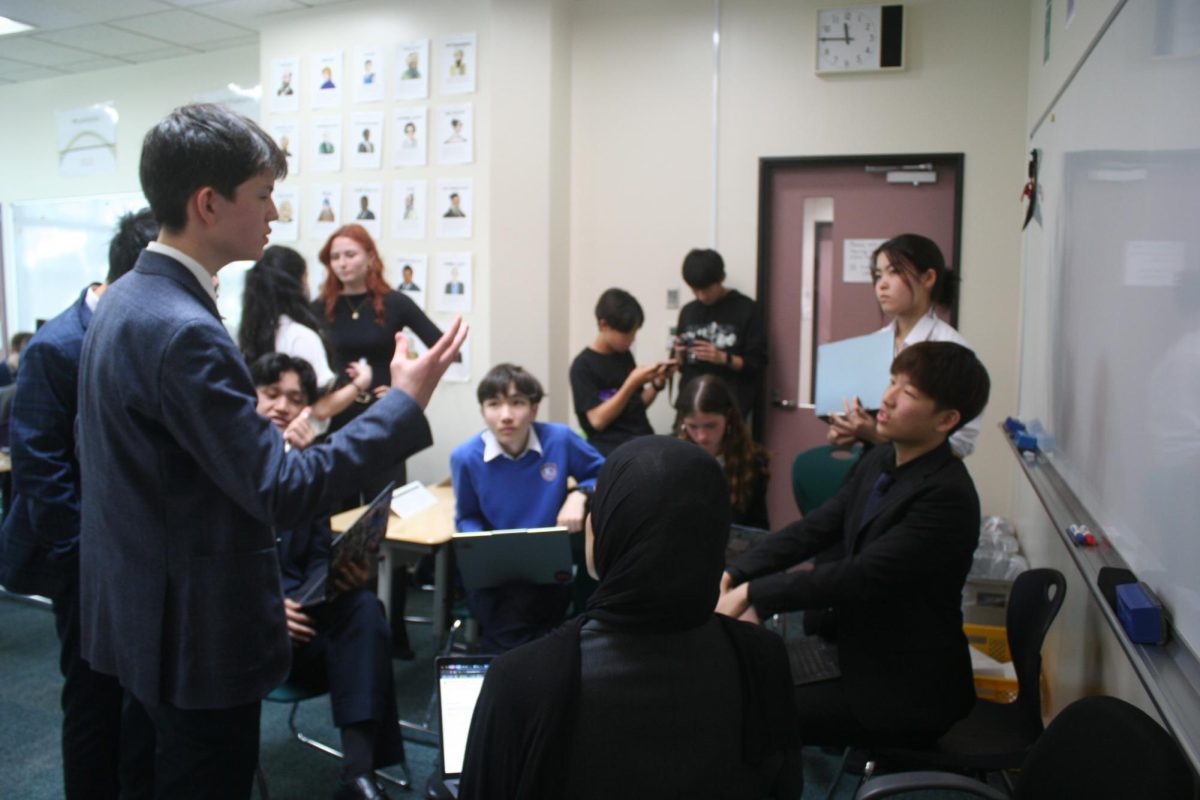


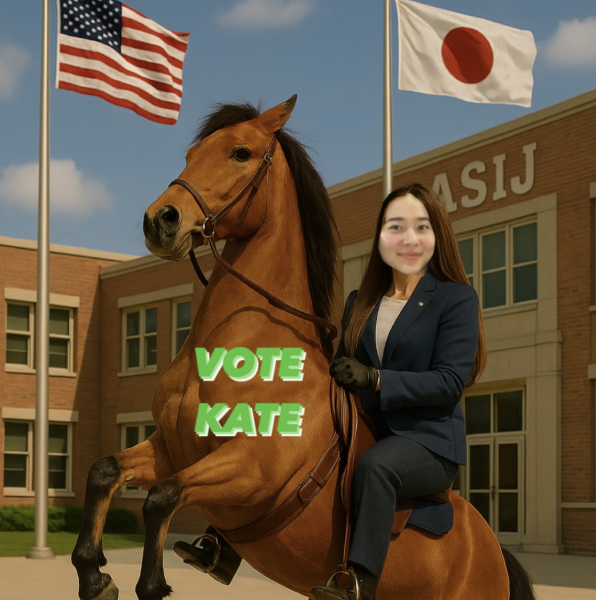
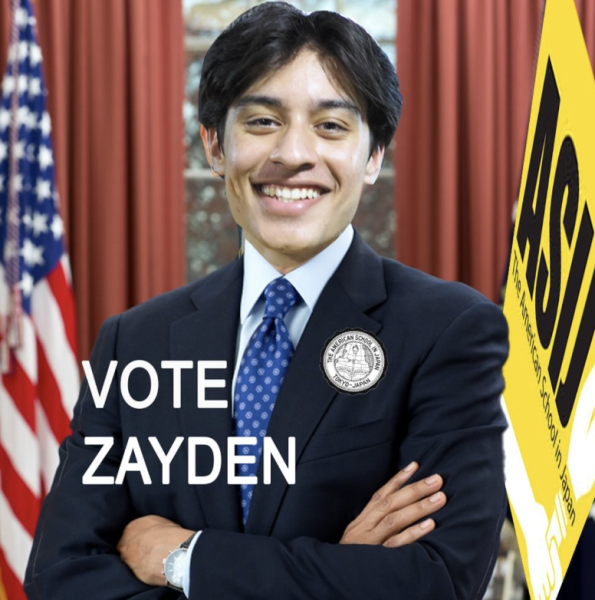
Bryce • Jun 1, 2023 at 2:49 PM
This was very interesting to hear about as it is not news I have heard before. Things like this are not always shared on the news or other public news websites so it was interesting to find out about this information. Also a very well-written article!